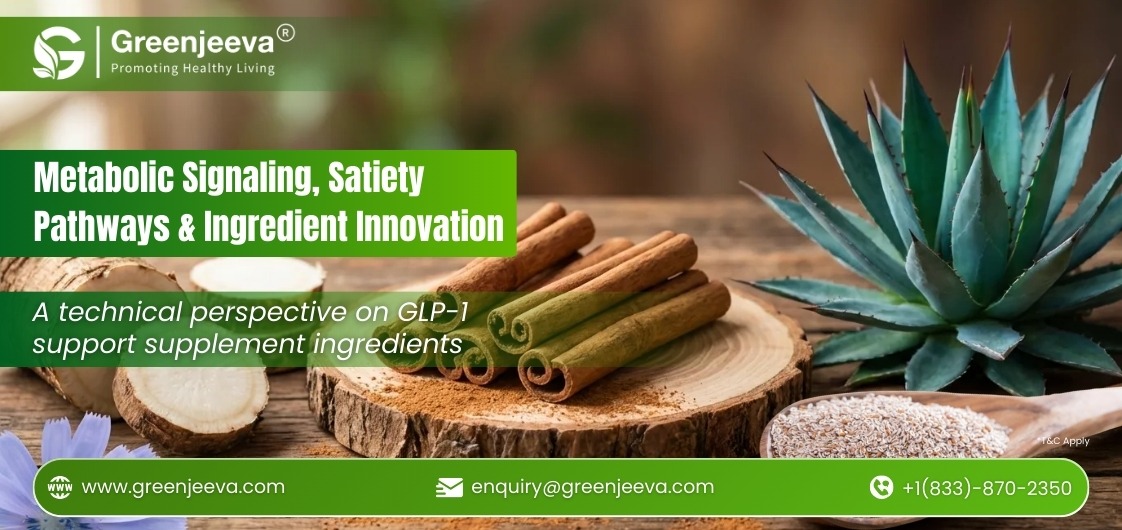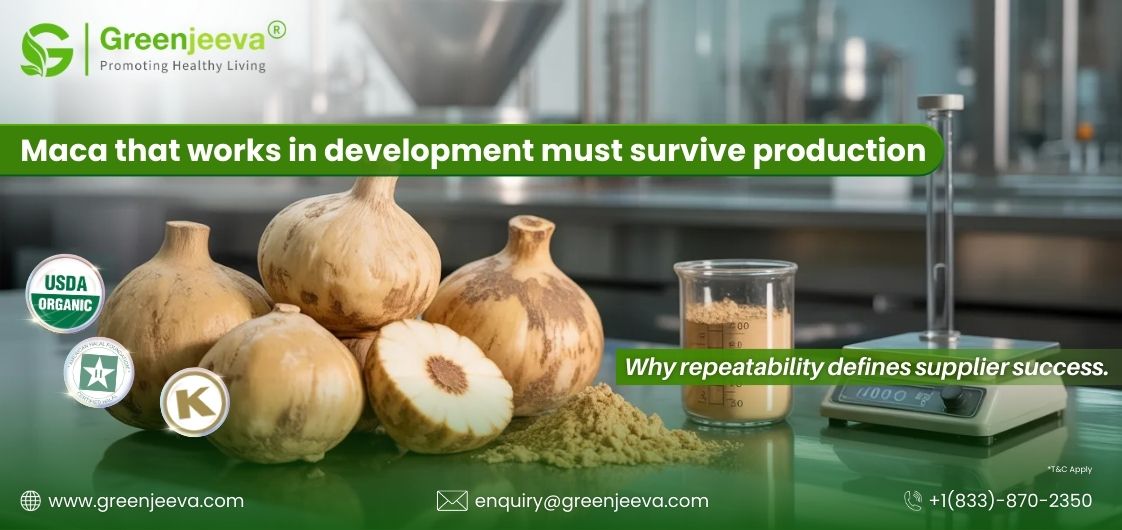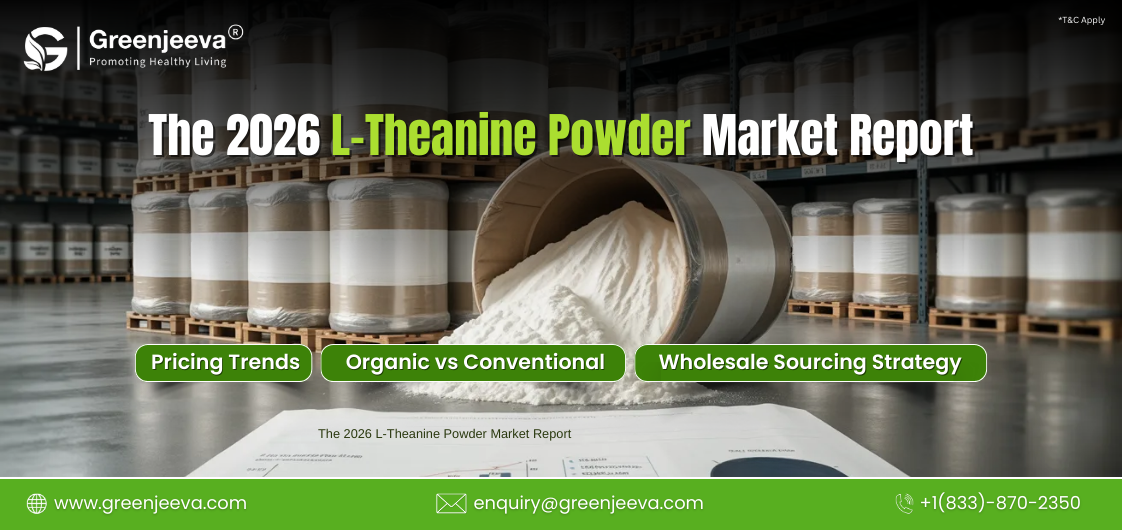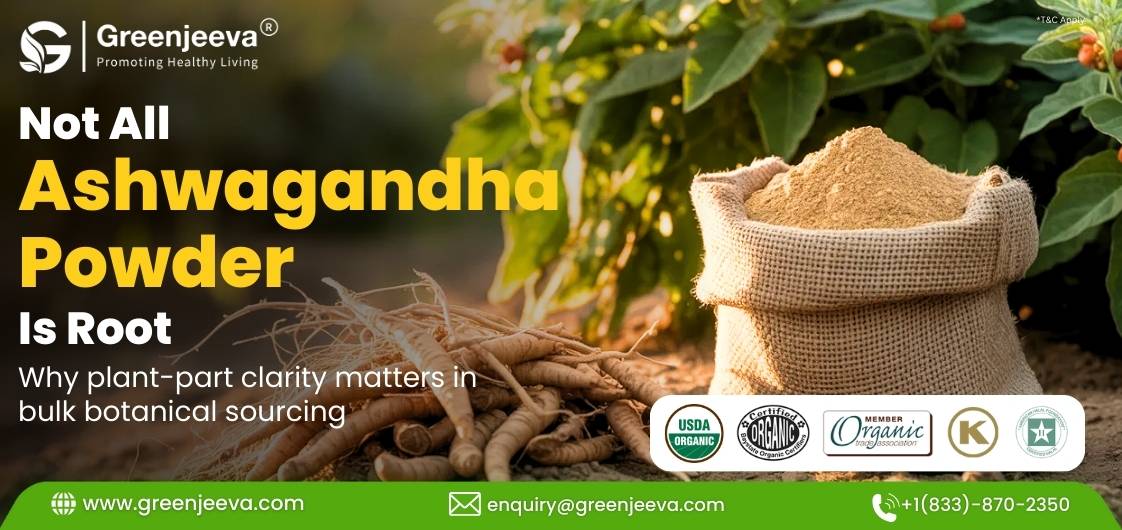Choosing the Right Organic Herbal Tea Supplier
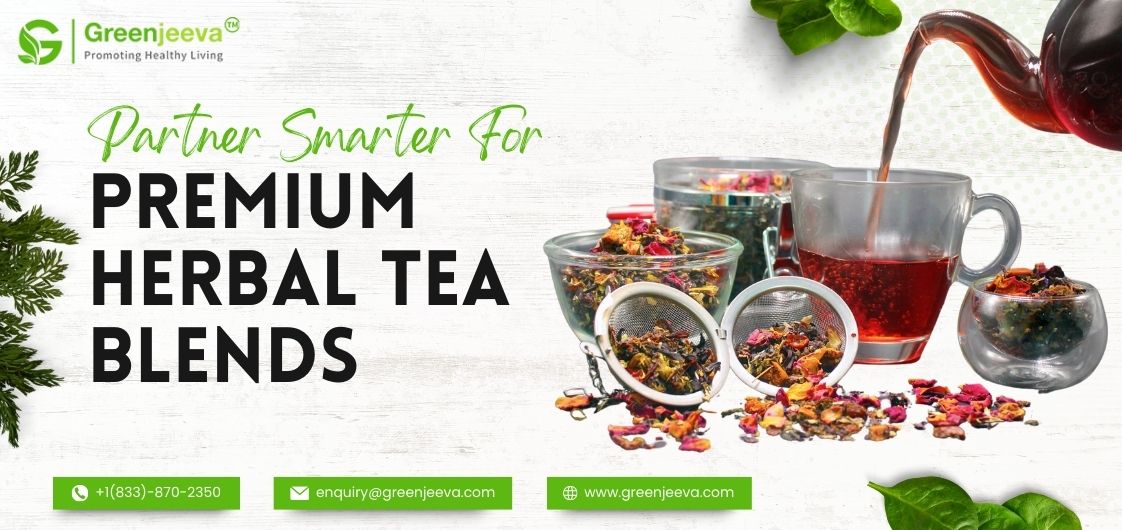
In the booming market of herbal teas, finding the perfect wholesale supplier for your business is crucial. Whether you're a retailer, a tea brand owner, or a wellness business looking to incorporate herbal teas into your product line, your choice of supplier plays a pivotal role in your success. This blog will guide you through the essential steps in selecting the right wholesale herbal tea supplier to ensure the quality and success of your business.
Understanding the Importance of Choosing the Right Supplier
Before delving into the steps to find the perfect supplier, let's underline why this decision is critical:
Quality Assurance: Your supplier's commitment to quality directly impacts the flavor, aroma, and health benefits of the herbal teas you offer to your customers.
Product Consistency: Consistency in taste and quality is vital for customer satisfaction and brand reputation.
Regulatory Compliance: Compliance with local and international regulations regarding food products like herbal teas is non-negotiable.
Timely Delivery: On-time deliveries help you maintain inventory levels and meet customer demands consistently.
Cost-Efficiency: Competitive pricing allows you to remain competitive without compromising quality.
Steps To Find the Right Supplier
Now, let's dive into the steps to find the right wholesale herbal tea supplier:
1. Define Your Business Needs: Before starting your search, have a clear understanding of your business requirements.
Consider factors like:
The types of herbal teas you want to offer.
Your target audience.
Your budget constraints.
The scale of your operation.
Research Potential Suppliers: Begin your search by researching potential wholesale herbal tea suppliers. Look for suppliers with a reputation for quality and reliability. You can find them through online directories, industry events, and recommendations.
Check Certifications and Compliance: Ensure your potential suppliers adhere to industry standards and possess the necessary certifications. These certifications are crucial for regulatory compliance and guaranteeing product safety.
Request Samples: Don't hesitate to request samples from potential suppliers. This allows you to evaluate the quality of their products firsthand. Pay attention to the aroma, flavor, and appearance of the teas.
Evaluate Pricing: While cost is a significant factor, don't base your decision solely on the price. Compare pricing from different suppliers and consider the overall value, including factors like quality and additional services offered.
Inquire About Private Labeling: Ask potential suppliers about their private labeling options if you plan to sell herbal teas under your brand. This includes label design, customization, and branding.
Assess Customer Service: Strong customer service is invaluable. Consider the responsiveness and support provided by each supplier. Reliable communication ensures smooth transactions.
Read Reviews and Ask for References: Check online reviews and ask potential suppliers for references. Hearing about other businesses' experiences can provide valuable insights into what it's like to work with a particular supplier.
Negotiate Terms: Once you've narrowed your options, you can negotiate terms and agreements. Be clear about pricing, minimum order quantities, delivery times, and other relevant terms.
Start Small and Build Trust: When you've chosen a supplier, it's advisable to start with smaller orders initially. This allows you to build trust and ensure product quality. As trust grows, you can gradually increase your order quantities.
Detox Tea Ingredients
Detox teas often contain a blend of natural ingredients believed to support the body's cleansing processes. Common components include green tea, dandelion root, ginger, lemongrass, and milk thistle.
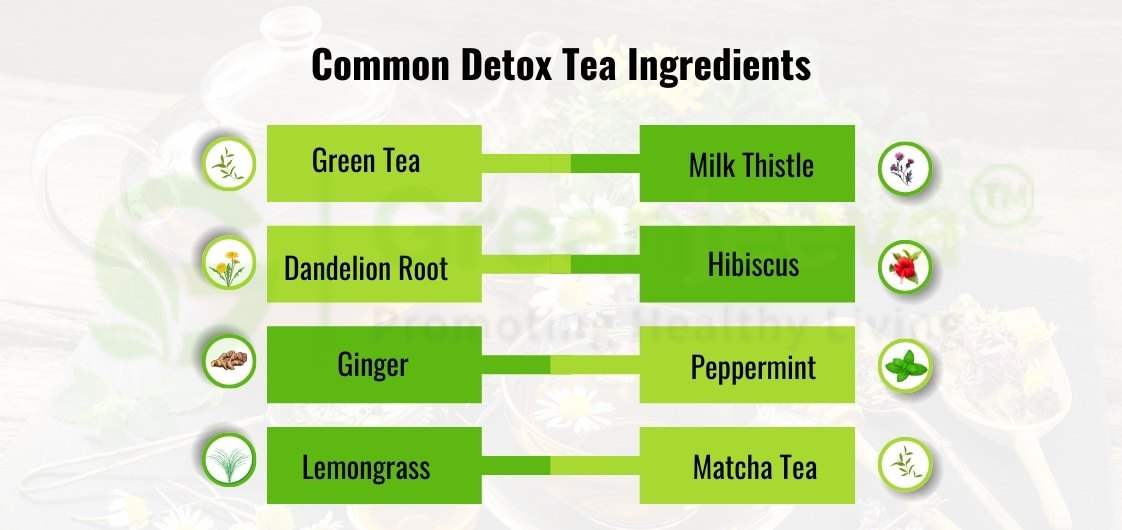
Final Words
In conclusion, choosing the right organic herbal tea is a crucial step in the success of your herbal tea business. By following these steps and conducting thorough research, you can find a supplier that aligns with your business goals and delivers high-quality herbal teas to meet customer demands. Remember, your supplier isn't just a business partner; they are essential to delivering a delightful herbal tea experience to your customers.
Similar organic products: Organic Rooibos Tea Extract powder , Organic Tart Cherry Extract Powder 4:1, Organic Terminalia Chebula Powder, Organic Thyme Leaf C/S, Organic Thyme Leaf Powder, Organic Triphala Granular Powder ,
**The Food and Drug Administration has not evaluated these statements. This product is not intended to diagnose, treat, cure, or prevent any disease.**


.jpg)
